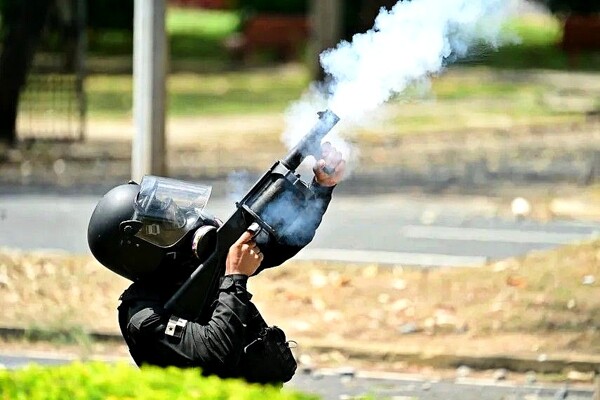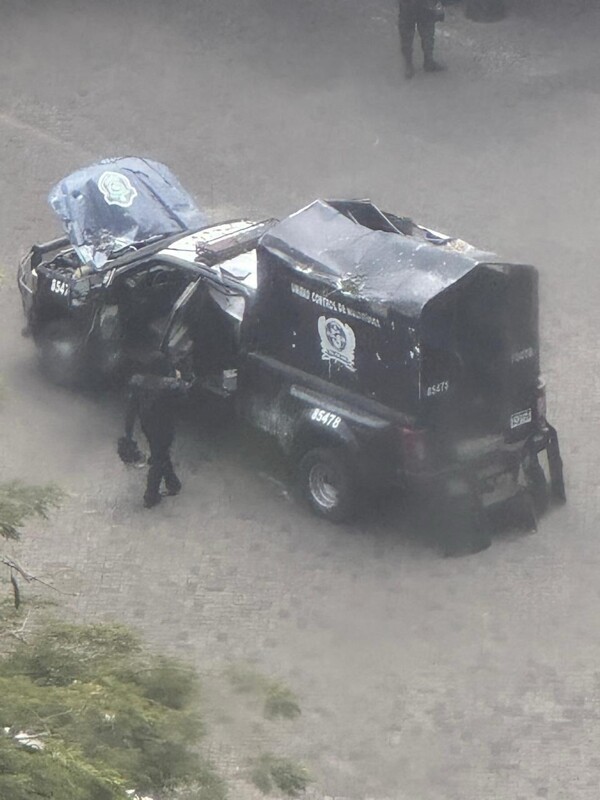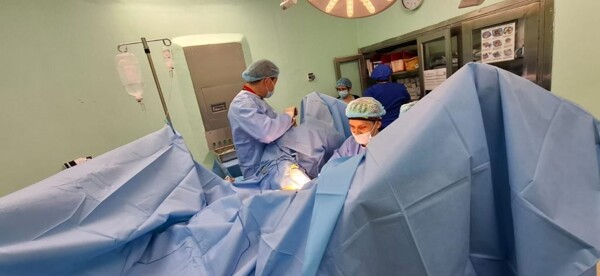A total of 299 migrants are being held at the Decapolis hotel, according to the Association of Residents and Naturalized Citizens of the Republic of Panama (Arena). The president of Arena, Rafael Rodríguez, asked for them to be guaranteed dignified treatment and to be transferred to a larger space. "Upon their arrival, they are locked in the hotel and their mobility is restricted. We understand that this situation is complex, but these people deserve respect for their human rights," he stated.
The Minister of Public Security, Frank Ábrego, explained that these migrants have been repatriated from the United States with transit through Panama and that their stay is under the management of the International Organization for Migration (IOM) and UNHCR. According to the official, the costs of medical care, food, and transfers are covered by the U.S. government through these agencies. Of the 299 migrants, 171 have agreed to return voluntarily to their home countries. Those who refuse must choose a third country where the IOM guarantees their safe resettlement.
The U.S. newspaper The New York Times revealed that many migrants have had their passports and cell phones confiscated, in addition to being denied access to lawyers. It was reported that they would be sent to an improvised camp in the Darién jungle. EFE documented how some migrants wrote messages asking for help on the hotel windows. One family wrote the word "Help" with red marker on a window, while others displayed messages like "Save the Afghan girls."
These migrants are part of groups repatriated by the United States on three flights to Panama. The Panamanian government has indicated that no more flights are expected. Panama acts as a bridge for mass deportations from the U.S. to these home countries. Panamanian authorities explained that migrants are first accommodated in a hotel in the capital and then transferred to Darién to continue their return journey.













